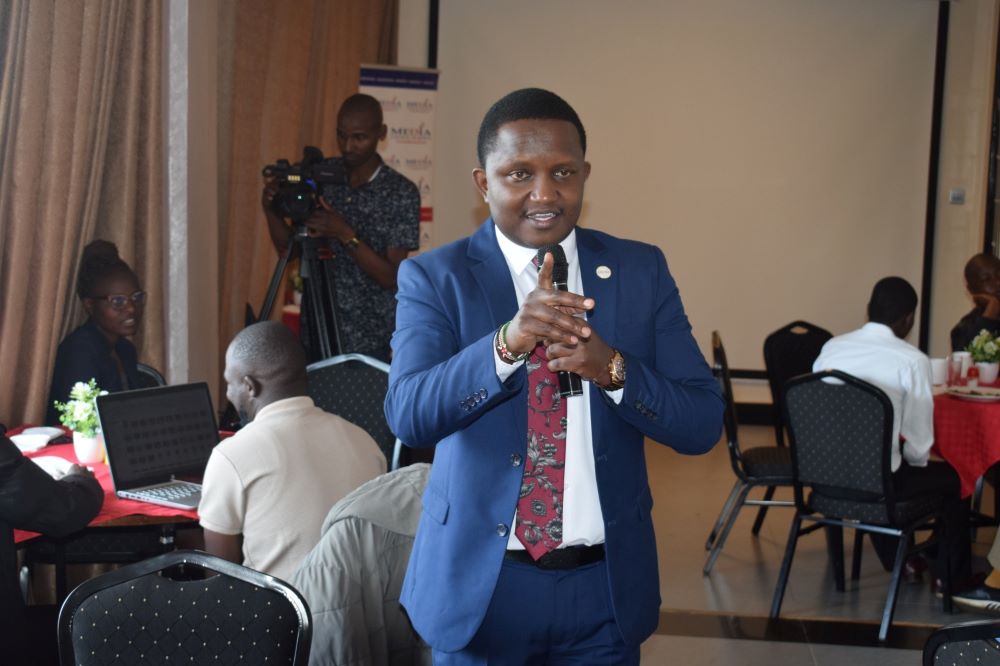
By Jackson Karanja
When you think of climate change reporting, you might picture international panels, complex graphs, and global summits. However, the reality is that climate change is not a distant issue. It is local, lived, and urgent. That’s why local journalists must take ownership of the climate change narrative—not as an abstract global crisis, but as a pressing community issue impacting livelihoods, health, security, and heritage. From the drying rivers of Northern Kenya to the erratic rainfall patterns along the Coastal strip, Kenyans are experiencing the effects of a changing climate first-hand.
Yet, many of these stories remain untold or are overshadowed by political rhetoric. When local journalists document the struggles of farmers who have lost crops, pastoralists searching for grazing land, or communities displaced by floods, they make the global personal. They show that climate change is not just about numbers—it’s about people.Context is Everything
International media may provide broad coverage, but only local journalists can bring nuance and cultural context to the climate conversation. They speak the language of the people and understand the beliefs, customs, and socio-economic realities that shape how communities respond to climate-related challenges. This positions them as powerful agents for behavioural change and climate resilience.
Closing the Information Gap
Misinformation about climate change is a growing concern, particularly in rural and marginalised areas where scientific knowledge may be limited or inaccessible. Local journalists have a responsibility to bridge this gap—simplifying complex science without diluting facts, amplifying indigenous knowledge, and debunking myths that hinder action. They must become educators and informers, not merely reporters.
Giving Voice to the Vulnerable
Climate change disproportionately affects women, children, and the poor—groups often underrepresented in mainstream media. By amplifying these voices, local journalists can ensure that climate solutions are inclusive and equitable. They can highlight grassroots innovations, community-led adaptation strategies, and unsung heroes who are quietly making a difference.
Collaboration is Key
Owning the narrative does not mean working in isolation. It involves partnering with climate scientists, researchers, policymakers, and civil society to produce credible, evidence-based reporting. It also means collaborating with fellow journalists across regions to build a robust, informed, and resilient media ecosystem capable of countering disinformation and apathy.
A Call to Action
The climate crisis is also a communication crisis, and local journalists are at the forefront of both. It’s time they recognised their unique power—not just to report events, but to shape narratives, influence decisions, and inspire action. The real climate story isn’t unfolding in Geneva or New York. It’s happening in Isiolo, Narok, Turkana, Embu and Kisumu. And it’s a story only we can tell.
Mr Karanja is the MCK Meru Regional Coordinator